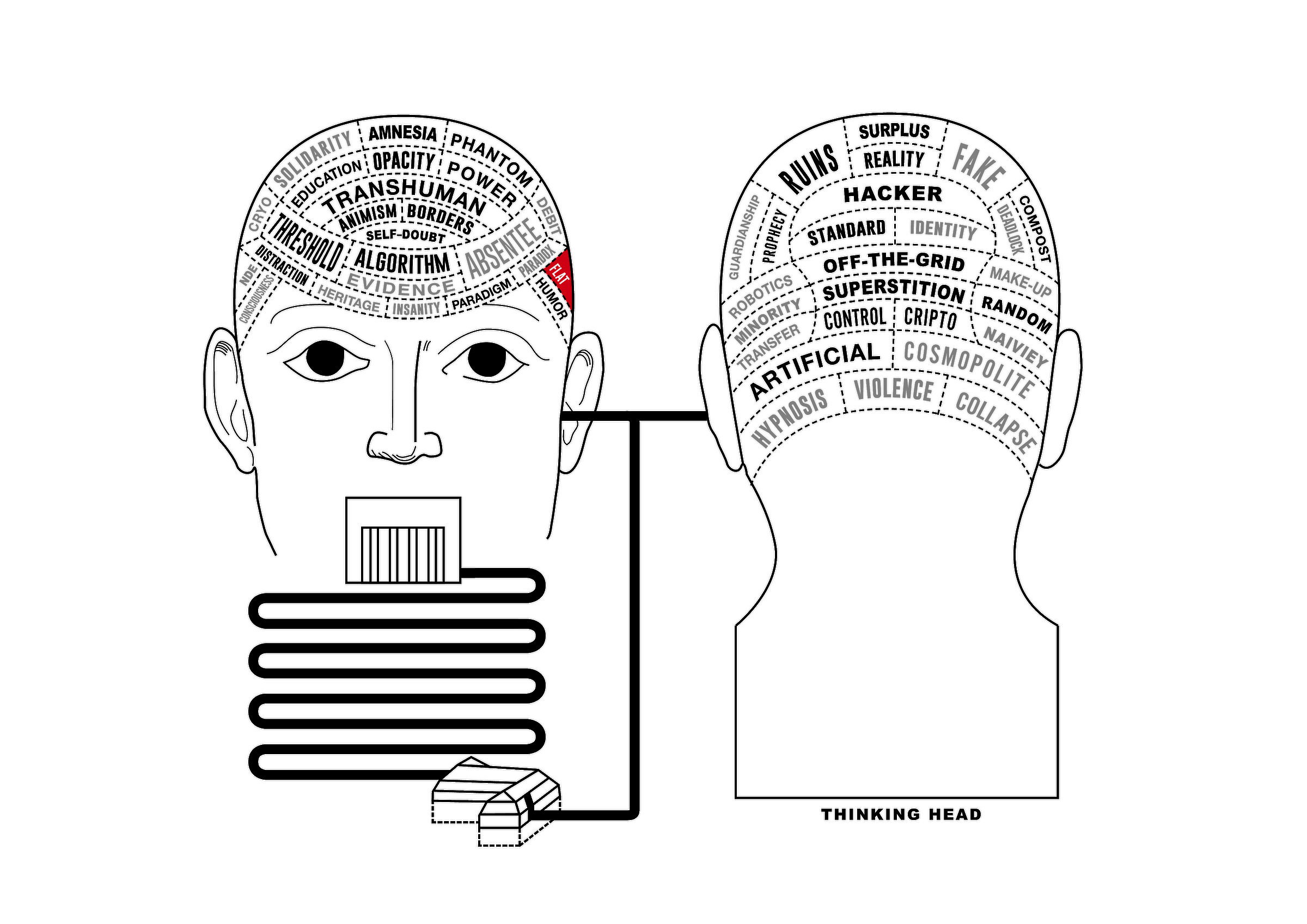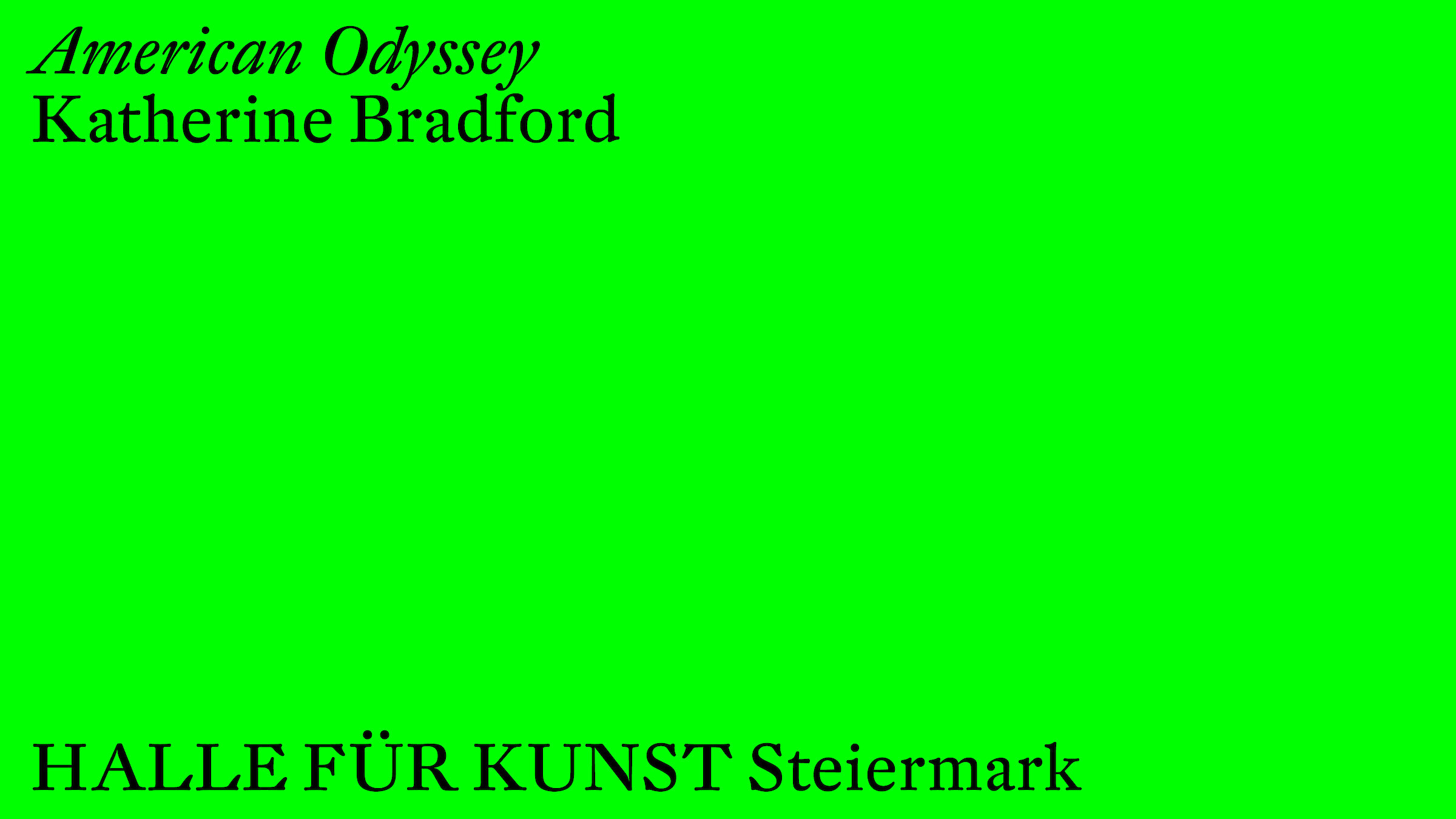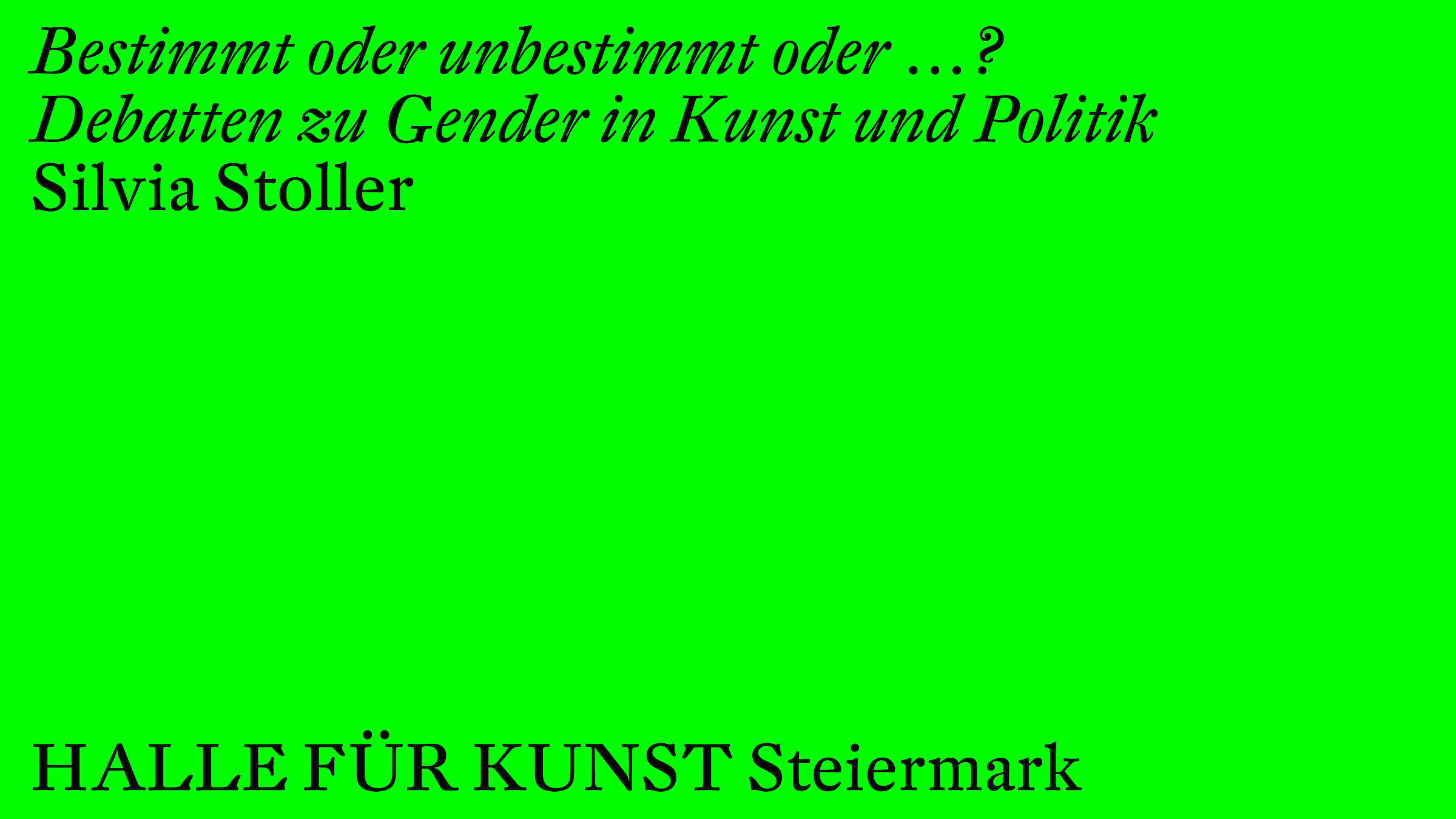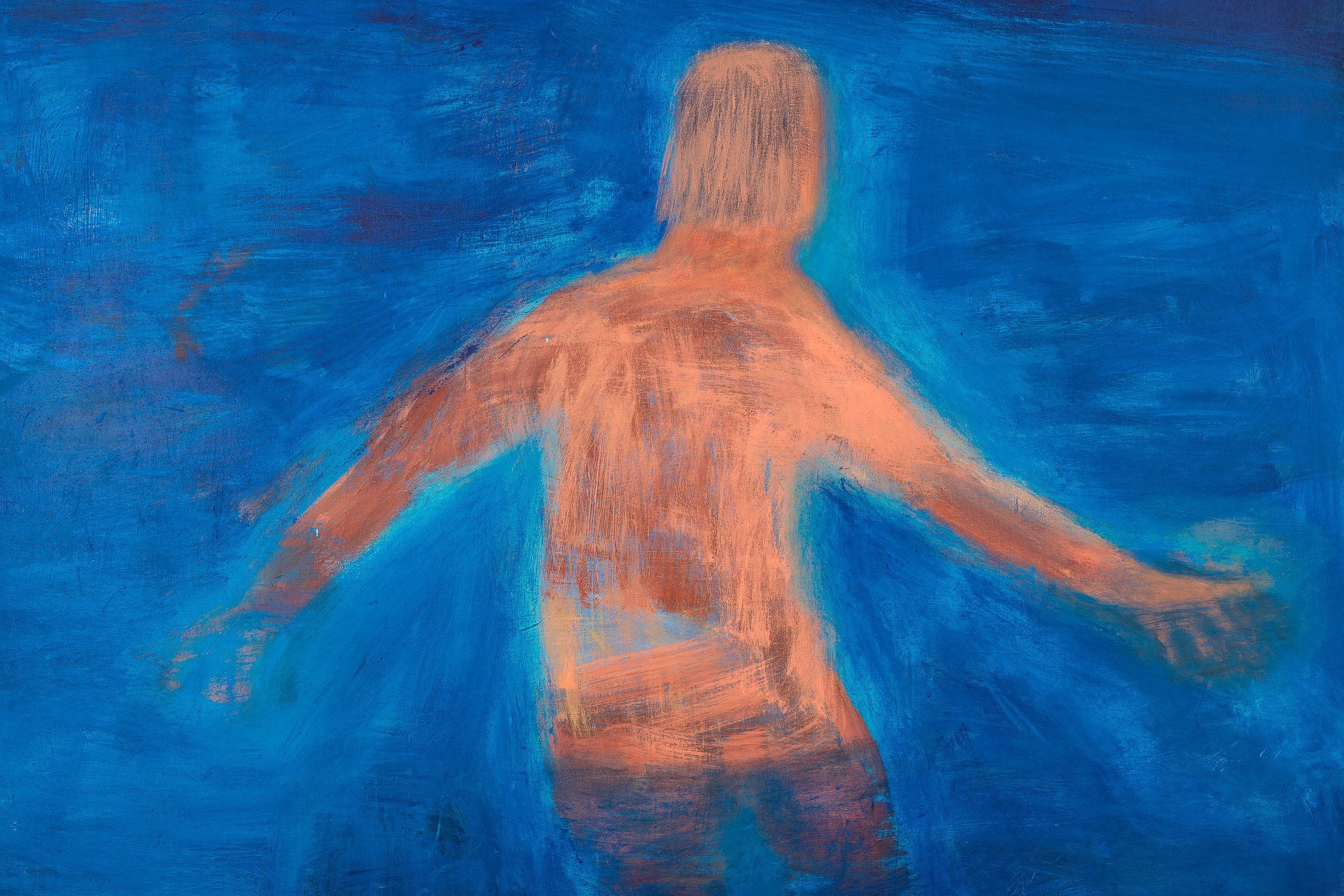Lara Favaretto – Thinking Head | Clandestine talk | FLAT

On January 18, 2024 at 6 pm, a Cladestine Talk took place in a non-public room in the HALLE FÜR KUNST Steiermark.
Lara Favaretto’s series of Clandestine Talk, which is part of Thinking Head (2017 – ongoing), are intended to deconstruct fifty ‘keywords’ via a hidden discourse which are described by the artist as ‘vital and relevant to dissecting and redefining our present moment’, and that takes place in a ‘bunker-like’ environment: an undisclosed, protected, and soundproof location within or close to the institution. The speakers are rigorously selected by the artist and the curator, connecting a variety of disciplines and areas of expertise to bring together different perspectives on the subjects.
Thinking Head is the development of a project which began at Nottingham Contemporary on the occasion of Lara Favaretto’s solo show Absolutely Nothing curated by Sam Thorne in 2017, a multidisciplinary intervention including several Clandestine Talks that later in 2019 took place in Venice during the 58th Venice Biennale May You Live In Interesting Times curated by Ralph Rugoff.
The term put up for discussion in the Graz version of the performance will be FLAT, which will be discussed by Ekaterina Degot (art historian and director of steirischer herbst), Silvester Sabathiel (physicist at Silicon Austria Labs), Anna Voswinckel (curator at Camera Austria) and Anselm Wagner (Professor at the Institute for Architectural Theory, Art and Cultural Studies at Graz University of Technology) in terms of its various meanings and functions. We can follow not only these different linguistic interpretations but also the thought processes of the participants. These discussions can lead to uncertainty and even failure, to unpredictable answers to unanswerable questions, and more.
The performance was broadcast as a live audio stream via the project’s website on January 18 at 6 p.m. and has been published as a recording on thinking-head.net. Subsequently, the talk will also be published as a transcript in text form.
Artists
Participating artists
Lara Favaretto
Solo (u.a.): Talbot Rice Gallery, Edinburgh (2023), The Bass, Miami Beach (2019), Kunsthalle Mainz (2018), Nottingham Contemporary (2017), MAXXI, Rom (2015), Sharjah Art Foundation, Sharjah, UAE (2012), MOMA PS1, New York (2012), Tramway, Glasgow (2009), Castello di Rivoli Museo d’Arte Contemporanea, Turin (2005); Shows (u.a.): MUDAM Luxembourg – Musée d’Art Moderne Grand-Duc Jean (2021), MGK — Museum für Gegenwartskunst Siegen (2020), 58. Biennale di Venezia (2019), Museum Haus Konstruktiv, Zurich (2019), Walker Art Center, Minneapolis (2017), Künstlerhaus – Halle für Kunst and Medien, Graz (2017), Skulptur Projekte, Münster and Marl (2017), Liverpool Biennial (2016), Carnegie International, Pittsburgh (2013), Manifesta 10, Eremitage Museum, Sankt Petersburg (2014), Palais de Tokyo, Paris (2013), dOCUMENTA (13) (2012), 12. Internationale Istanbul Biennale (2011), 53. Biennale di Venezia (2009)
Ekaterina Degot
Degot is an art historian, curator, author and journalist. Now based in Graz, she is the director and chief curator of steirischerherbst festival since 2018, being the first artistic director from a non-German-speaking country. Several of her exhibitions focused on the cultural history of the Soviet era. Her publications include Post-Post-Soviet? Art, Politics and Society in Russia at the Turn of the Decade (Warsaw: Museum of Modern Art – Chicago University Press, 2013), edited with Marta Dziewanska and Ilya Budraitskis, Perverse Decolonization?, ed. with David Riff and Jan Sowa (Berlin: Archive Books, 2021). Degot has an extensive career as a writer and editor, as well as in teaching. From 2007 – 17, she served as professor at the Rodchenko Moscow School of Photography and Multimedia. In 2014, she received the Igor Zabel Award for Culture and Theory. Recent exhibitions before the appointment in Graz include Monday Begins on Saturday (with David Riff), for the First Bergen Assembly 2013 in Norway, where she was artistic director, and What Did the Artist Want to Say with That? (with Yuri Albert), at the Moscow Museum of Modern Art, 2013 – 14. From 2014 – 17 she was in charge of the artistic direction at the Academy of the Arts of the World, ADKDW in Cologne, where PLURIVERSALE took place twice a year.
Silvester Sabathiel
Sabathiel studied Theoretical Physics at Karl-Franzens University of Graz, including specializations in “Interpretations of Quantum Mechanics” and “Variants of General Relativity Theory (Space-Time Curvature) and their Consequences for Cosmological Observations”. Concurrently, he started a Master’s in Computer Science at Graz University of Technology, where he found his passion for Artificial Intelligence. Afterwards, from 2018 until 2023, he completed a doctorate in Computer Science in Trondheim, Norway, at the Norwegian University of Science and Technology, where he attempted to teach artificial neural networks mathematics in order to better understand human cognitive processes. In 2019, he was a research visitor at Stanford University in California. Since December 2023, he is working at Silicon Austria Labs, where he translates his know-how in machine learning into applications for autonomous mobility and renewable energies.
Anna Voswinckel
Voswinckel is a curator based in Berlin and Graz, with a background in visual arts, cultural and gender studies. She is curating the Camera Austria gallery in Graz since 2023. Further, she works on her own photography projects and book designs, writes about art, and has been teaching at several art colleges, e.g. in the photography department of the Hochschule für Grafik und Buchkunst/Academy of Fine Arts, Leipzig, from 2012 – 18. Further, she held lectures at Berlin University of the Arts and realized experimental exhibition formats together with students and colleagues. She is a member of Neue Gesellschaft für bildende Kunst (new society of applied arts) in Berlin and co-curated the Fotograf Festival #10 in Prague, Uneven Ground, together with Stephanie Kiwitt and Tereza Rudolf in 2020. Her most recent curatorial projects are the group exhibitions Exposure (2023), where she investigates the technical meaning of exposure as well as the sociopolitical positions becoming visible in contemporary photography, and Double Exposure (2023÷24), with a focus on memory politics through images, at Camera Austria.
Anselm Wagner
Wagner is professor at the Institute of Architectural Theory, Art History, and Cultural Studies at Graz University of Technology, where he also serves as dean of the Doctoral School Architecture. He studied art history, philosophy and archaeology in Salzburg and Munich, and initiated the Galerie 5020 in Salzburg. After that, he was editor at the art magazines frame and spike. Before he became dean of the Institute of Architectural Theory, he was also visiting professor at the TU Wien, Vienna, and the University of Minnesota in Minneapolis. He is currently heading the research project “Buddhist Architecture in the Western Himalayas: Architectural Research in Dolpo/Nepal II”, funded by the FWF (Austrian Science Fund). Among his publications are Architekturführer Graz (Architectural guide Graz), ed. by Anselm Wagner and Sophia Walk (Berlin: DOM publishers, 2019), Konrad Frey: Haus Zankel. Experiment Solararchitektur (Konrad Frey: House Zankel. Experiment Solar Architecture), together with Ingrid Böck (Berlin: Jovis. Architektur + analyse, 2013), Staub: Eine interdisziplinäre Perspektive (Dust: An interdisciplinary perspective), ed. by Wagner and Daniel Gethmann (Wien – Berlin: LIT Verlag GmbH&Co.KG., 2013).







